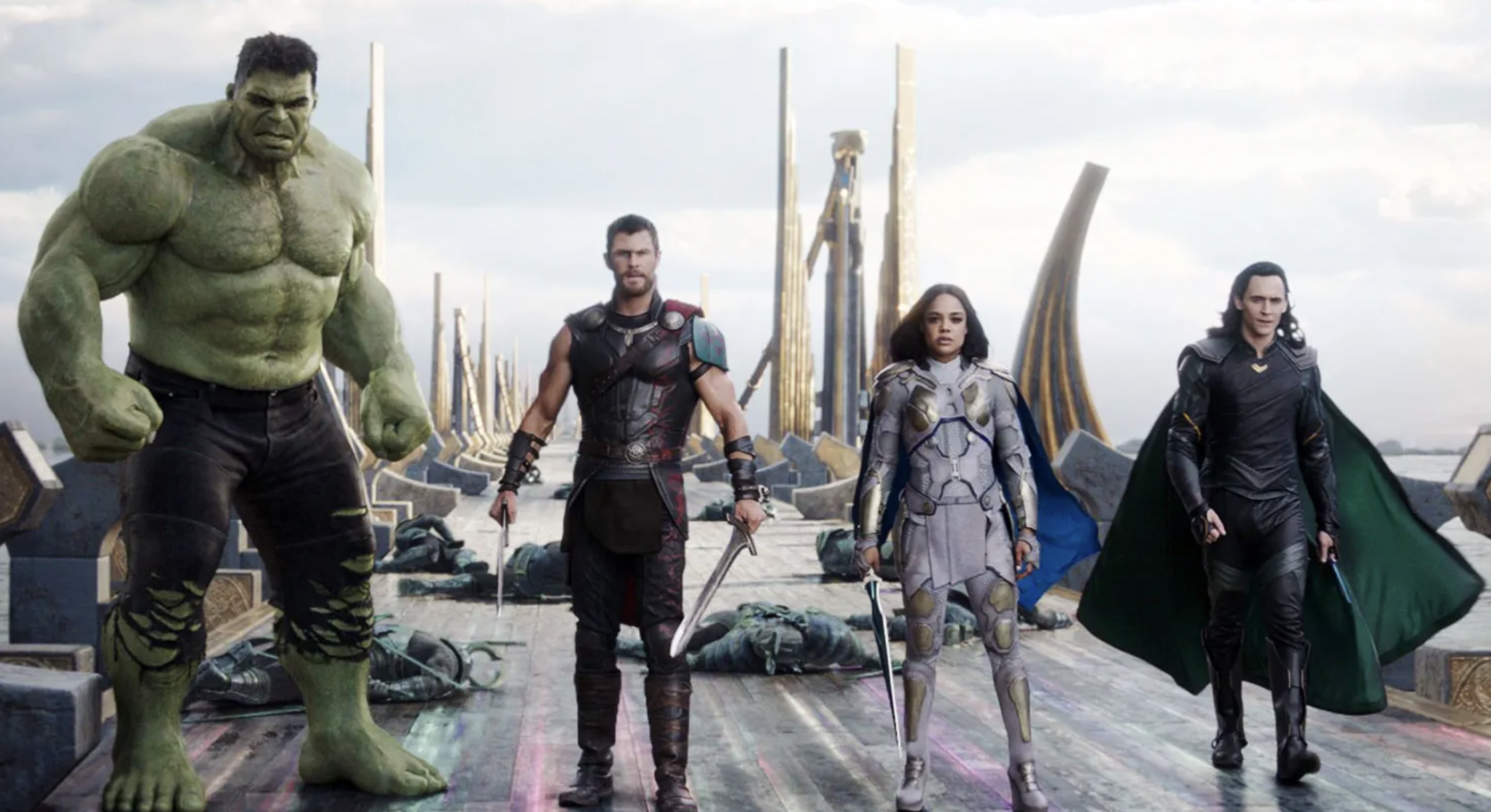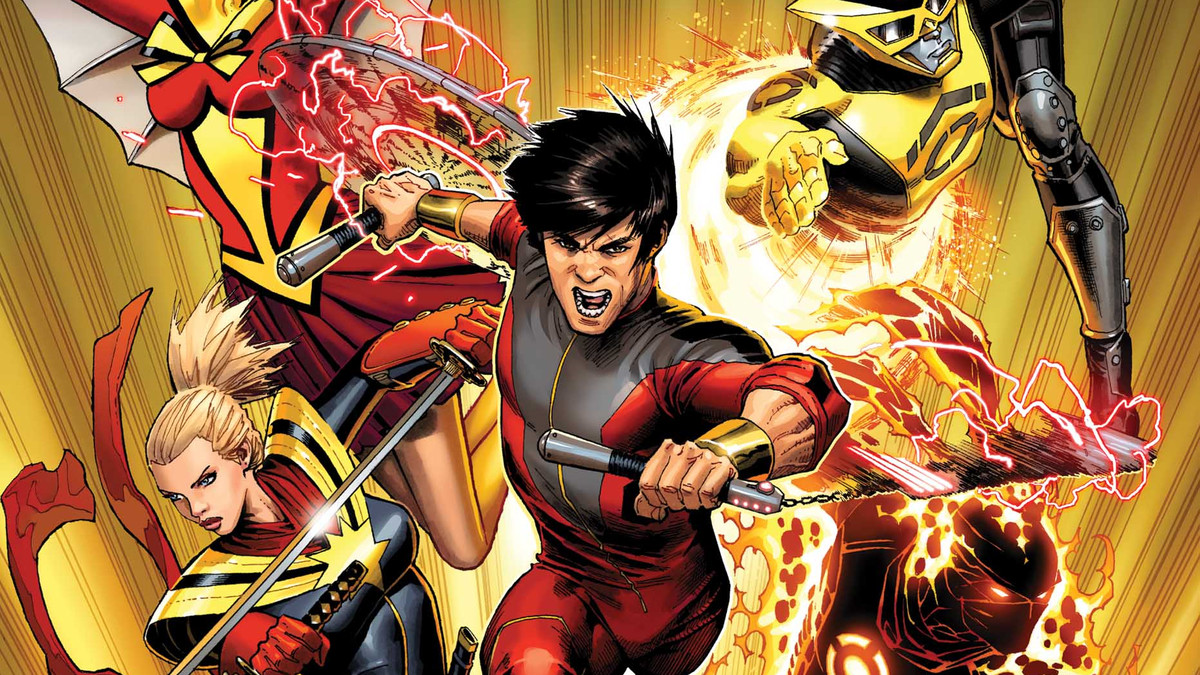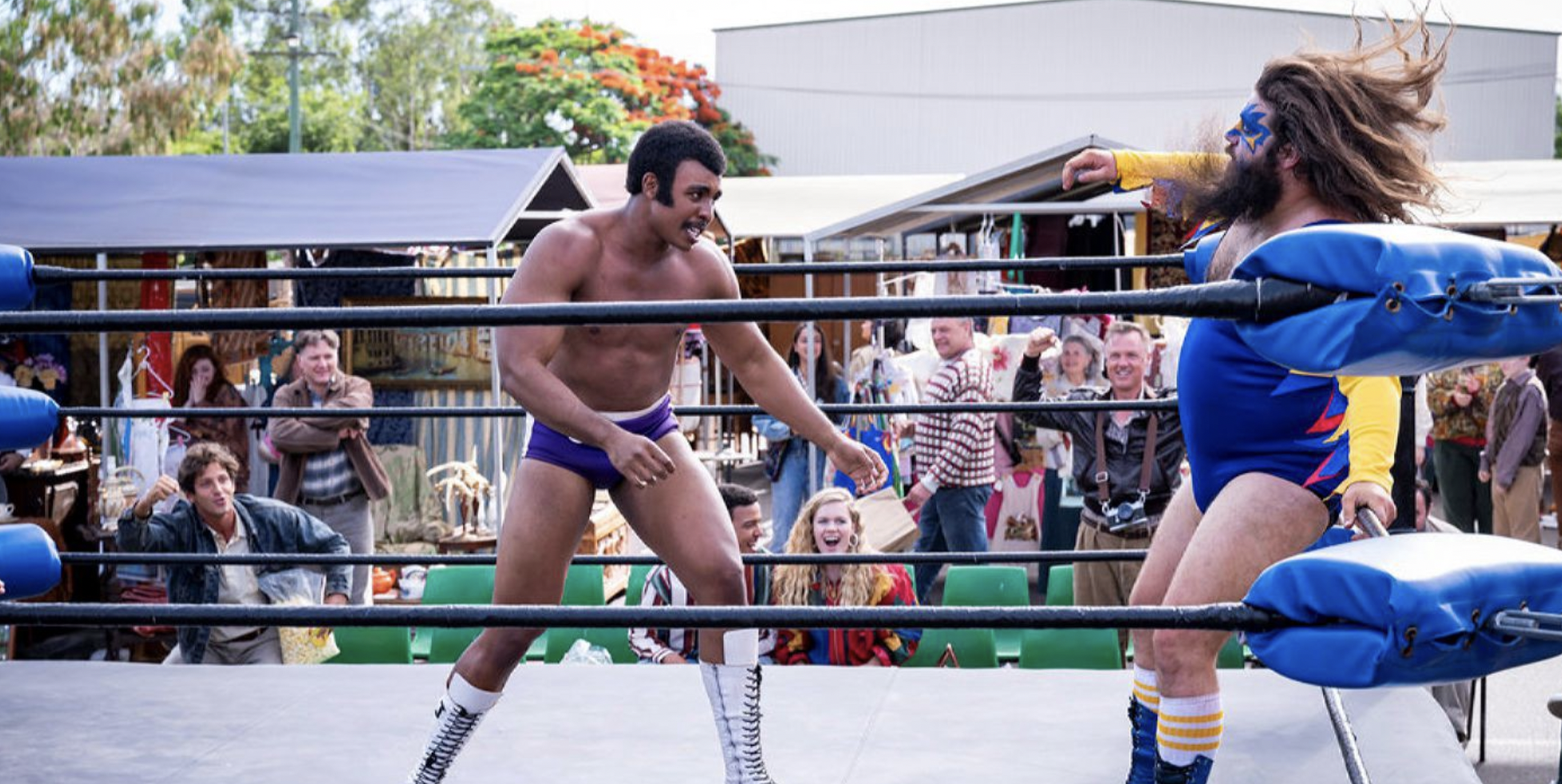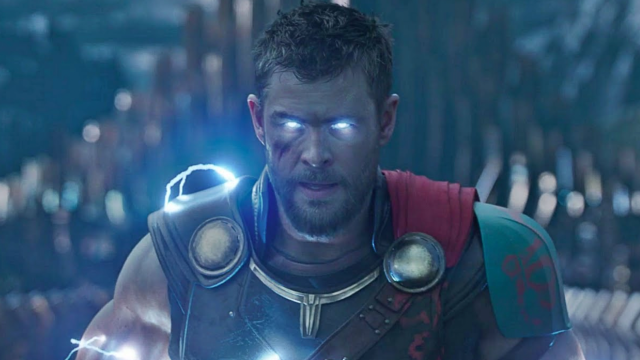Australia’s film industry has thrived over the last decade thanks to a combination of government tax incentives for overseas productions and the incredible growth of homegrown talent. Stars like Chris Hemsworth, Cate Blanchett and Toni Collette have put Australia on the map and driven interest in the country’s entertainment sector.
The success of shows like Bluey in overseas markets has also raised the profile of the industry. But while Australia’s film and TV output has driven major growth and interest in the sector, it’s actually a far more unlikely candidate that’s done the most for Aussie film in 2020 and 2021: COVID-19
While the pandemic put a spanner in the works for most film and television production around the world, Australia’s management of COVID-19 meant the country’s entertainment sector was one of the few that thrived.
There were still major difficulties with filming, and a short break during the height of the pandemic, but the comparatively low number of cases throughout 2020 meant not only were local productions able to go ahead, more international productions got the green light as well.
COVID-19 has created incredible opportunities in Australian film and TV
According to Screen Queensland and Screen Australia, the country’s management of the pandemic opened the floodgates for international interest in local filming.
“The effects of the pandemic in some parts of the world have meant that productions have been looking for a safe haven,” Kylie Munnich, CEO of Screen Queensland told Gizmodo Australia.
“Our state’s management of COVID-19 has certainly created a drawcard to international producers.”
Incentives like monitored, safe filming environments, gorgeous locales, experienced crew and government-led tax offsets have meant international productions like Young Rock, Baz Luhrmann’s Elvis biopic.
Nicolas Cage’s Joe Exotic and TV drama Irreverent have also found homes in Queensland.
COVID-19 has also meant continuous and enthusiastic interest in filming in Australia from overseas productions. Queensland currently has a “secure pipeline of productions” through 2022, ensuring job security (and eventually, tourism) in the region.
A recent $400 million funding boost over the next seven years for local and international productions has also helped Australia create stability in an industry rocked by the global pandemic.
“[It] means hundreds of job opportunities for our talented Queensland screen practitioners and millions of dollars towards the local economy, in turn assisting our state’s overall economic recovery,” Munnich said.
To ensure safety behind the scenes and help continue the growth of the sector, Screen Queensland created the Queensland Screen Sector COVID Safe Work Plan.
These guidelines contain clear instruction for film productions including how to ensure correct quarantine and isolation periods are met, how PPE is to be used on set, where physical distancing must be put in place, how to clean sets properly and how to minimise the number of people on set.
These rules allowed filming work to go ahead as originally planned, with minor changes put in place to ensure everyone works safely.

For ABC’s Retrograde, COVID-19 meant pivoting the show’s structure to a “Zoom style” format. For animated shows like Bluey, and post-production work as a whole, working from home has become the new normal. While the process has required significant adaptation, it’s also proven how resilient and flexible Australia’s entertainment sector can be.
And it’s not just Queensland benefitting from Australia’s management of COVID-19. These changes have taken place across the entire local industry.
Safety has been a key factor
In Sydney, work is currently underway on Thor: Love and Thunder. While filming kicked off with two weeks quarantine for many of the actors involved, production was able to go ahead on schedule because it’s safe to do so.
Unlike the United States and the U.K., filming in Australia is considered relatively low risk. And to maintain this status while protecting everyone involved, there are strict on-set protocols and PPE enforcement to prevent COVID-19 spreading.
“When you look at other parts of the world like the US, parts of Europe and the UK, they are unfortunately still dealing with COVID-19 restrictions and are unable to head in to production like they normally would,” Graeme Mason, CEO of Screen Australia told Gizmodo Australia.
“Ensuring the safety of everyone on set is now paramount so, as we all must be, television and movie sets need to be COVID-Safe … To date, we have had great success getting back to work.”
It’s meant a major boom in interest from overseas productions which are currently unable to film in a safe way.
You only have to look at the frequent delays of films like The Batman and The Matrix 4 over the past year to understand how even a single COVID-19 case can completely throw out the production schedule of a film.
This makes movie production an ever-changing challenge in countries where cases continue to grow.
Within the relative safety of Australia, minimal interruptions to filming means productions can go ahead with more confidence.
In the case of Thor: Love and Thunder, Marvel’s plans have been able to move full steam ahead. Similar can be said for Shang-Chi and the Legend of the Ten Rings, which recent wrapped up filming in Sydney with a reported total of zero COVID-19 cases during filming.
When the the latest Thor finally completes shooting, the release won’t just be excitedly received by eager Marvel fans. It will also drive further investment in Australia’s economy via the tourism and entertainment sectors.
“Thor: Love and Thunder is expected to invest over $178 million in our economy, create up to 2,500 jobs and use the services of around 1,650 businesses,” Mason said of the upcoming film release. “As well as injecting millions of dollars in to the economy, productions of this scale create jobs for local cast and crew, presenting local screen professionals with opportunities that might not come along very often.”

With recent reports swirling that Marvel will create a permanent base in Sydney over the next five years, it could be said that the pandemic has inadvertently caused a major industry shift that will reshape and reinvigorate Australia’s entertainment industry permanently.
The challenges of filming overseas has already attracted new projects that wouldn’t otherwise have chosen Australia to film. Nine Perfect Strangers, a Hulu original starring Nicole Kidman, was unable to complete filming in Los Angeles due to its status as a coronavirus epicentre.
Instead, production moved to New South Wales. Similarly, the Netflix thriller Escape from Spiderhead (starring Chris Hemsworth) moved to the Gold Coast to avoid coronavirus.
COVID-19 has also been great for local production companies
For more local, network-led productions, 2020 was also a banner year.
Every major television network managed to shoot a new drama in 2020, according to Graeme Mason. This includes television shows like Five Bedrooms, New Gold Mountain, RFDS, Amazing Grace, Wakefield and Aftertaste, all of which will release on free-to-air television over the next year.
In the world of streaming, Stan also shared this success, with the service announcing an expanded slate of television for 2020, 2021 and beyond. In an August 2020 press release, the company indicated it planned to release 30 new productions a year for the next five years.
One of the first shows launched as part of this growth strategy, Bump, was flagged as an early contender for the best Australia show of 2021.
Upcoming productions like Eden, starring rising actors like Sophie Wilde, The Dry‘s BeBe Bettencourt and The Flash‘s Keiynan Londsdale, are also set to continue Australia’s impressive streak of great local releases.
While coronavirus has certainly been an obstacle to this success, the pandemic’s spread has also meant new opportunities, an influx of revenue for the industry as well as increased job opportunties.
Finding film work in the new era

For wrestler and actor Brian Gammage (who performs as ‘Caveman Ugg’ on Australia’s local wrestling circuit), the pandemic created a unique opportunity to take part in an episode of NBC’s new hit comedy Young Rock, which follows the life of wrestler-turned-actor Dwayne ‘The Rock’ Johnson.
For Gammage and the other actors involved in Young Rock, Australia’s COVID-19 protocols meant having to fly up and isolate in a Queensland hotel for two weeks prior to filming.
While on set, sacrifices had to be made to ensure everyone was performing in a safe environment.
“We were all given ‘bubbles’,” explained Gammage. “If that ‘bubble’ went down, it would just be that bubble that had to isolate. We had certain groups of people we were allowed to associate with … We had constant temperature checks, masking on everywhere … they were pretty strict about it. Everyone on set was also required to have COVID testing every week and refrain from mingling with other people.”
But beyond the odd filming process in Queensland, the offer also came through an unlikely medium: Facebook.
“There was just a casting call from Mitchell Casting that was after pro wrestler of a particular height and weight, which I matched quite well,” Gammage said to Gizmodo Australia.
The accessibility of the listing meant everyone looking for work was able to apply for these roles. Traditionally, casting calls are delivered through agents or ‘back alley’ social channels — but COVID-19 has opened up newer and better opportunities for aspiring actors via the internet.
It’s also created new opportunities for everyone working in the entertainment industry.
For Gammage, coronavirus has inadvertently helped buoy his aspirations of becoming a full-time stunt man.
“There’s so much more work popping up … It’s a lot cheaper to use Australians because we don’t have to quarantine anymore, rather than having to fly anyone over,” he said.
“There’s more incentive to be filming stuff over here, and [film productions] are taking advantage of that … More work is always great.”
The future is looking bright
With so much working against it, Australia’s film and TV industry has thrived. Throughout filming of local and international productions, it’s shown a deep resilience and flexibility that has ensured global success in the years to come.
While the pandemic was a major, world-changing event near-impossible to predict, the flexibility and ingenuity of Australia’s entertainment (and wider arts) industry has led to a blossoming of local creations. It’s meant Australia has finally been able to flex its endless well of talent.
International interest in the country is increasing at a rapid pace, with larger productions helping to buoy local jobs, tourism and the economy. Australia has been busy during the pandemic, and soon our local talent will get their chance to shine on the global stage.
The growth of Australia’s entertainment industry in 2020 and 2021 is just the beginning. In the years to come, expect to see the country leading the industry conversation as local production moves from strength to strength.
Australian-made entertainment is here for good.
